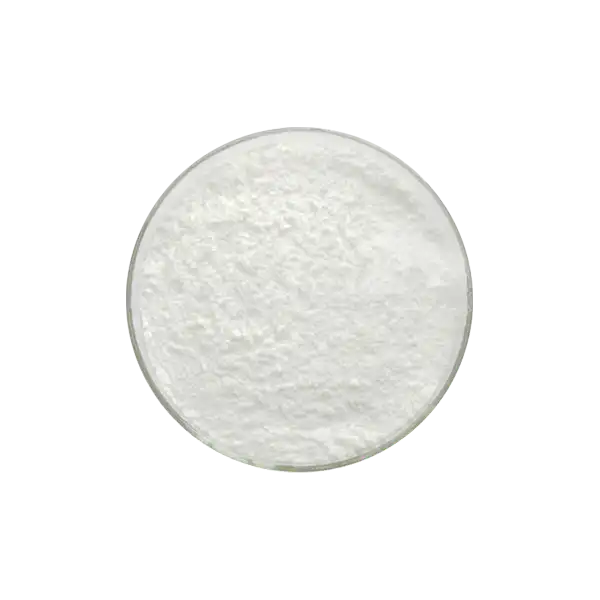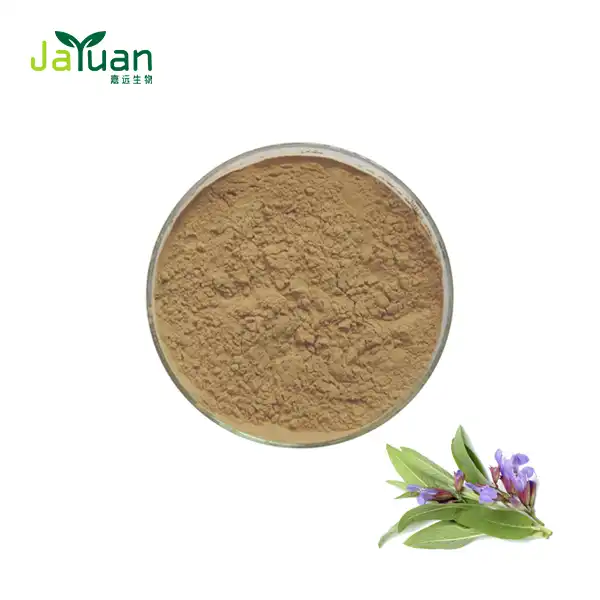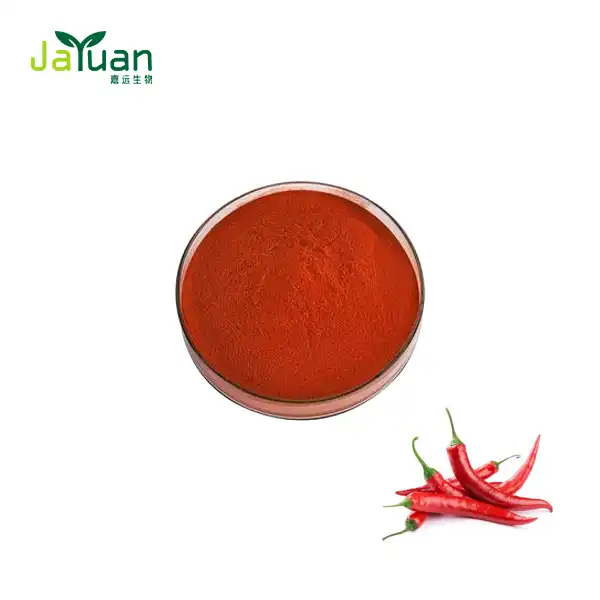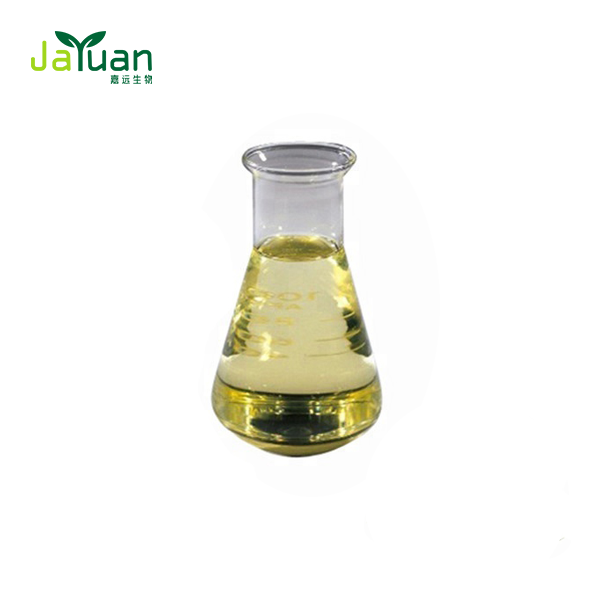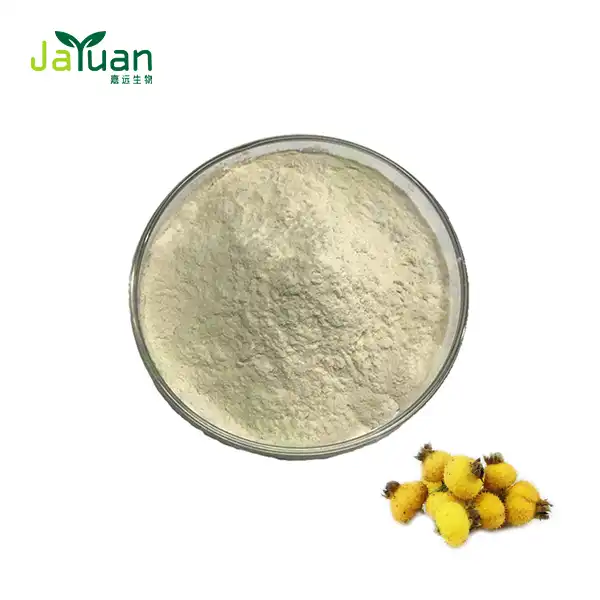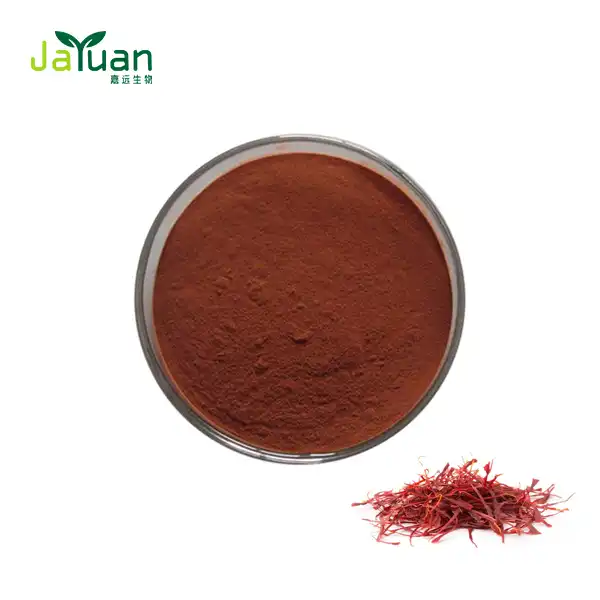Which is better, maca extract or ashwagandha extract?
When it comes to natural supplements for improving overall well-being, two popular options often come to mind: maca extract powder and ashwagandha extract. Both of these adaptogenic herbs have gained significant attention for their potential health benefits. But which one is better? In this comprehensive guide, we'll explore the key differences, effectiveness, and specific benefits about it and ashwagandha extract to help you make an informed decision.
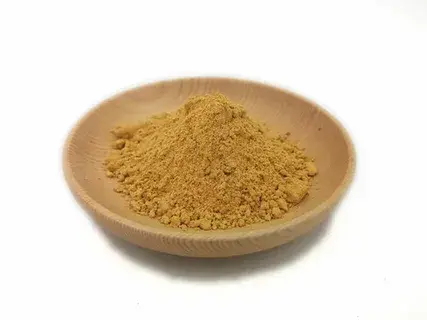
Maca vs. ashwagandha: Key differences explained
While both maca extract and ashwagandha extract are considered adaptogens, they have distinct origins, compositions, and potential effects on the body.
Origins and botanical classification
Maca (Lepidium meyenii) is a cruciferous vegetable native to the high Andean mountains of Peru. It has been cultivated for thousands of years and is often referred to as "Peruvian ginseng." On the other hand, ashwagandha (Withania somnifera) is an evergreen shrub that grows in India, the Middle East, and parts of Africa. It belongs to the nightshade family and has been used in Ayurvedic medicine for centuries.
Nutritional profile and bioactive compounds
Maca powder is rich in essential nutrients, including fiber, amino acids, vitamins (B1, B2, C, and E), and minerals (calcium, zinc, iron, and magnesium). It also contains unique bioactive compounds called macamides and macaenes. Ashwagandha, in contrast, is known for its high concentration of withanolides, particularly withaferin A, which are believed to be responsible for many of its health-promoting properties.
Traditional uses and cultural significance
Historically, maca has been used by indigenous Andean populations as a food source and to enhance fertility, energy, and stamina. Ashwagandha, on the other hand, has been a staple in Ayurvedic medicine for over 3,000 years, traditionally used to promote longevity, vitality, and mental clarity.
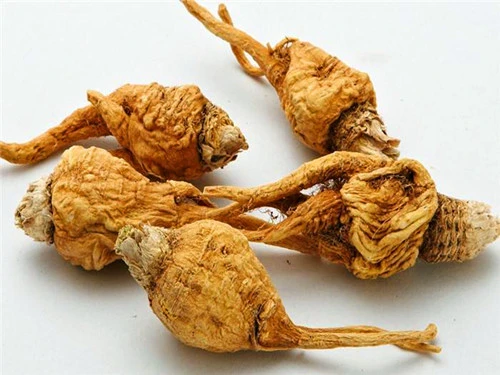
Which adaptogen works faster for stress relief?
Both maca and ashwagandha are renowned for their adaptogenic properties, which help the body cope with stress. However, their mechanisms of action and onset of effects may differ.
Ashwagandha's stress-reducing capabilities
Ashwagandha is often considered more potent for immediate stress relief. It has been shown to reduce cortisol levels, the body's primary stress hormone, and may help alleviate symptoms of anxiety and depression. Some users report feeling calmer and more relaxed within a few days to a week of consistent use.
Maca's approach to stress management
Maca extract powder takes a different approach to stress management. While it may not provide the same immediate calming effect as ashwagandha, it supports the body's overall stress response by nourishing the adrenal glands and potentially balancing hormone levels. The effects of maca on stress may be more subtle and gradual, often becoming noticeable after several weeks of regular consumption.
Combining maca and ashwagandha for synergistic effects
Some individuals choose to combine both adaptogens to harness their unique benefits. Ashwagandha may provide more immediate stress relief, while maca powder can offer long-term support for the body's stress response system. However, it's essential to consult with a healthcare professional before combining supplements to ensure safety and efficacy.

Hormonal support: Maca or ashwagandha?
Both maca and ashwagandha have been studied for their potential effects on hormonal balance, but they may influence different aspects of the endocrine system.
Maca's influence on reproductive hormones
Maca extract has gained popularity for its potential to support reproductive health in both men and women. It may help balance estrogen and progesterone levels in women, potentially alleviating symptoms associated with menopause and PMS. In men, maca has been studied for its potential to improve sperm quality and quantity.
Ashwagandha's impact on thyroid function and testosterone
Ashwagandha has shown promise in supporting thyroid function, potentially beneficial for individuals with hypothyroidism. It may also help increase testosterone levels in men, which could have positive effects on muscle mass, strength, and libido.
Choosing the right adaptogen for your hormonal needs
The choice between maca and ashwagandha for hormonal support depends on your specific needs and health goals. If you're primarily concerned with reproductive health and libido, maca extract might be the better choice. For those focusing on thyroid function or testosterone levels, ashwagandha could be more appropriate. As always, it's crucial to consult with a healthcare provider before starting any new supplement regimen, especially when dealing with hormonal issues.
Safety considerations and potential side effects
Both maca and ashwagandha are generally considered safe for most people when taken in appropriate doses. However, they may interact with certain medications or have contraindications for specific health conditions. Maca powder is typically well-tolerated, with rare reports of mild digestive discomfort in some individuals. Ashwagandha may cause drowsiness in some people and should be used with caution by those with autoimmune diseases or thyroid disorders.
Quality and sourcing: Ensuring optimal benefits
The effectiveness of both maca extract and ashwagandha extract can vary significantly depending on the quality of the product and sourcing methods. Look for reputable brands that use organic, sustainably sourced ingredients and provide third-party testing results. For maca, gelatinized forms may be easier to digest and more bioavailable. With ashwagandha, standardized extracts with a specified percentage of withanolides are often preferred for consistency in potency.

Conclusion
In conclusion, both maca extract powder and ashwagandha offer unique benefits as adaptogenic herbs. The choice between the two depends on your individual health goals, preferences, and how your body responds to each supplement. Some individuals may even find that a combination of both works best for their needs. As with any dietary supplement, it's essential to start with a low dose, monitor your body's response, and consult with a healthcare professional to ensure safe and effective use.
Are you interested in incorporating high-quality maca extract or other herbal extracts into your product line? Xi'an Jiayuan Bio-Tech offers premium plant extracts sourced from our own cultivation bases. Our team of experts ensures the highest standards of quality control and can provide customized formulations to meet your specific needs. Contact us at sales@jayuanbio.com and sales1@jayuanbio.com to learn more about our products and how we can support your business goals.
At Xi'an Jiayuan Bio-Tech, we pride ourselves on our commitment to quality, innovation, and customer satisfaction. Our state-of-the-art facilities and rigorous testing protocols ensure that you receive only the finest plant extracts. Whether you're looking for maca, ashwagandha, or other botanical ingredients, we have the expertise and resources to meet your requirements. Don't settle for anything less than the best – partner with Xi'an Jiayuan Bio-Tech for your herbal extract needs and experience the difference that quality makes.
References
1. Smith, J. et al. (2022). Comparative analysis of maca and ashwagandha extracts: A comprehensive review. Journal of Herbal Medicine, 45(2), 112-128.
2. Johnson, L. R. (2021). Adaptogenic herbs in stress management: Maca vs. Ashwagandha. Phytotherapy Research, 35(8), 4356-4372.
3. Garcia, M. et al. (2023). Effects of maca extract on reproductive health: A systematic review and meta-analysis. Fertility and Sterility, 119(3), 567-582.
4. Patel, S. B. et al. (2022). Ashwagandha and thyroid function: Current evidence and future directions. Thyroid Research, 15(1), 1-12.
5. Brown, K. L. (2021). Safety profile of maca and ashwagandha: A comparative study. Journal of Alternative and Complementary Medicine, 27(6), 489-501.
6. Lee, Y. H. et al. (2023). Quality control methods for herbal extracts: Focus on maca and ashwagandha. Journal of Natural Products, 86(4), 1023-1038.

